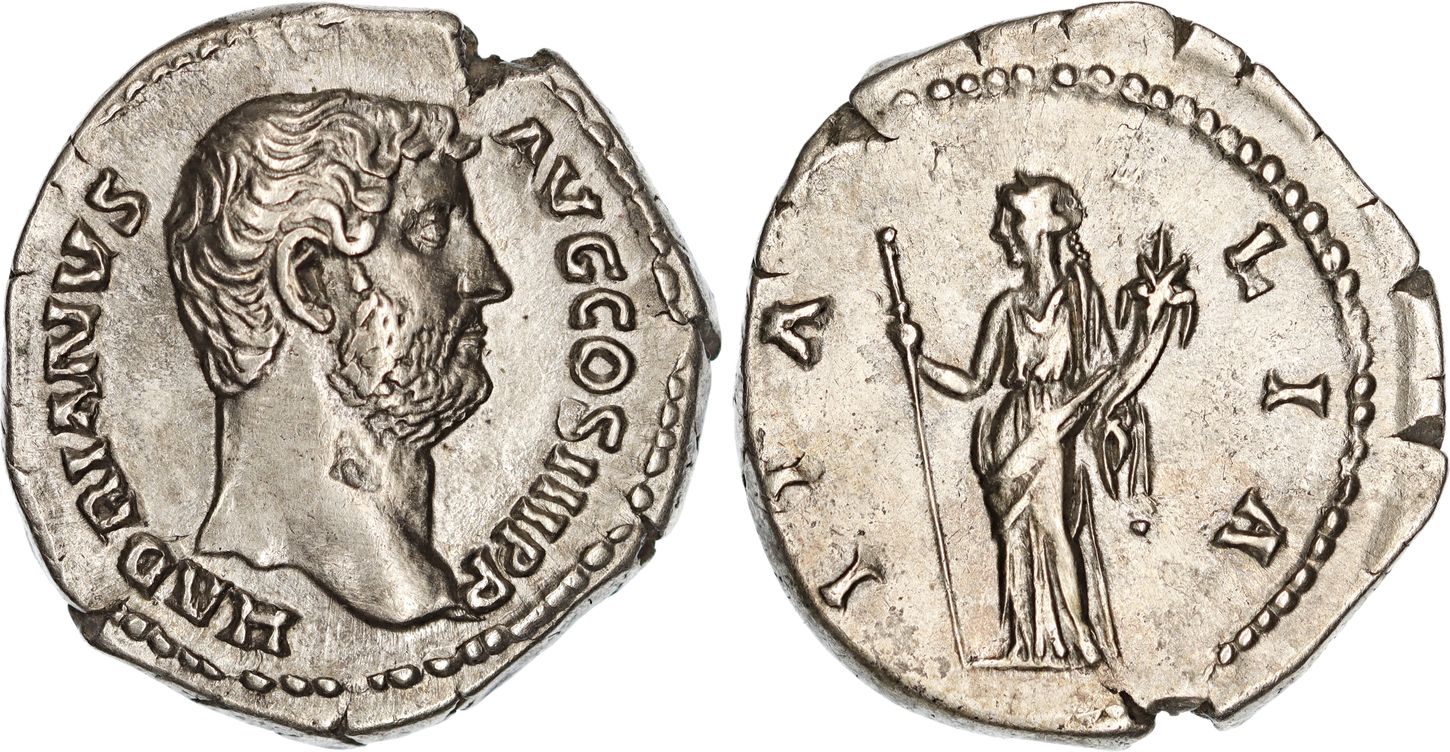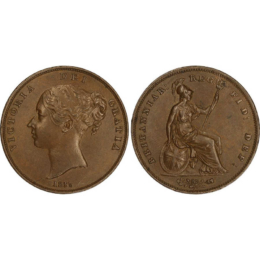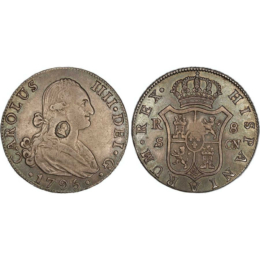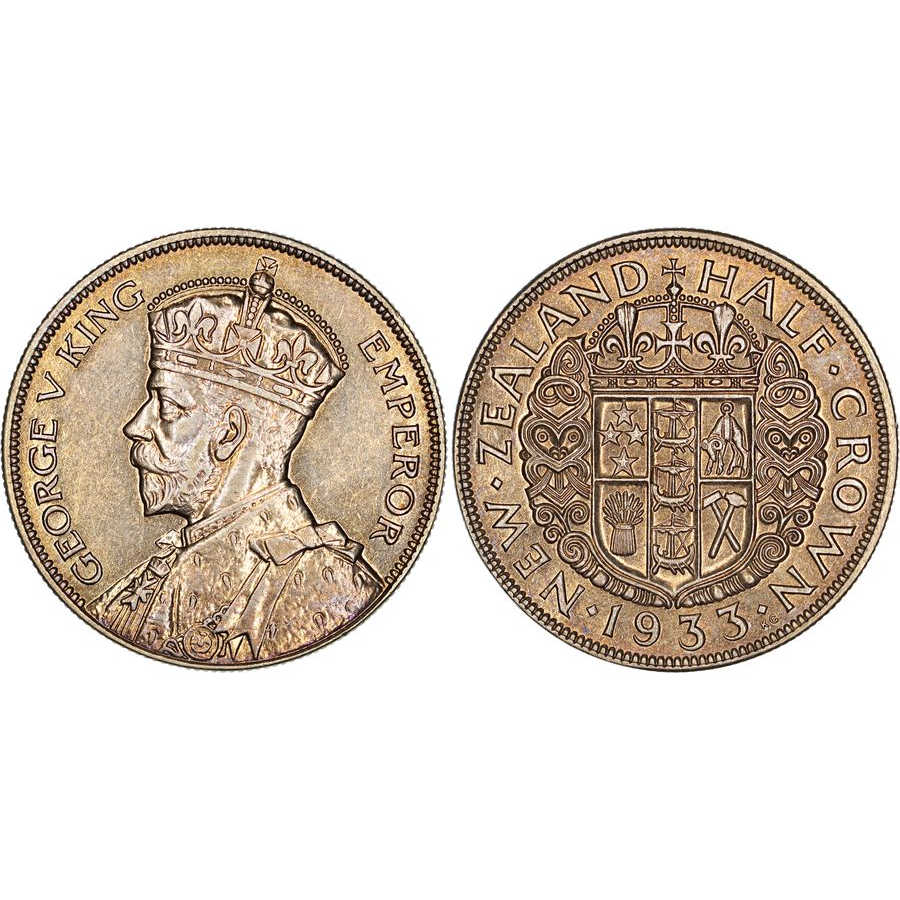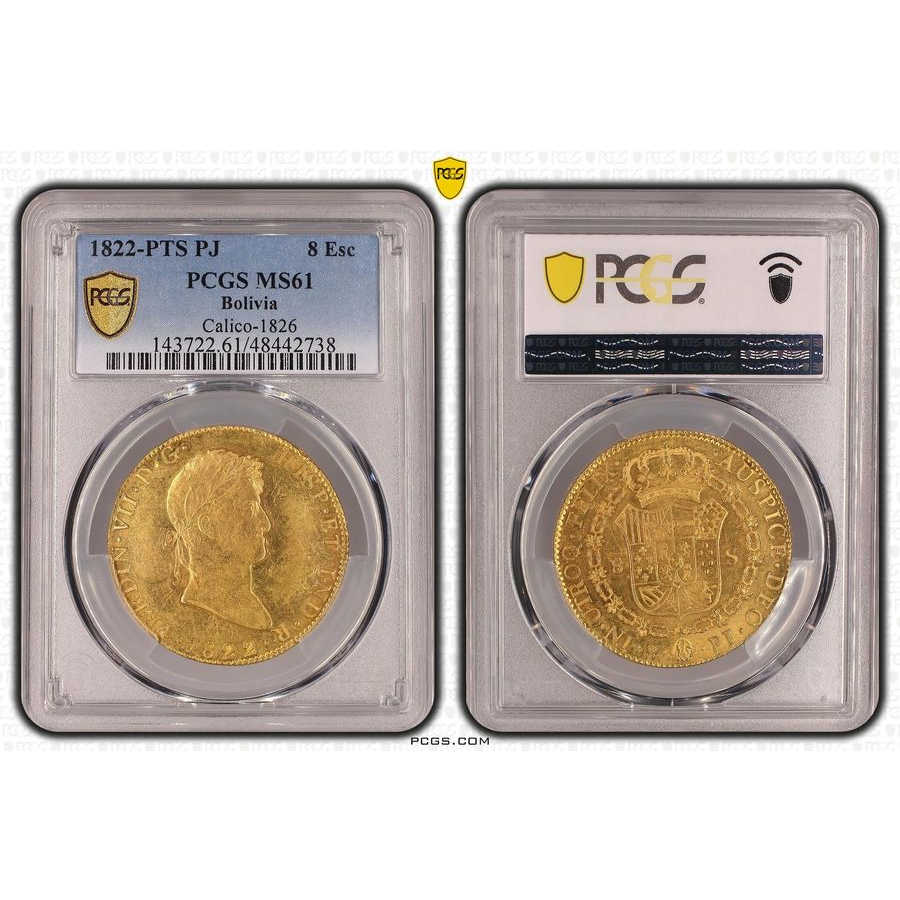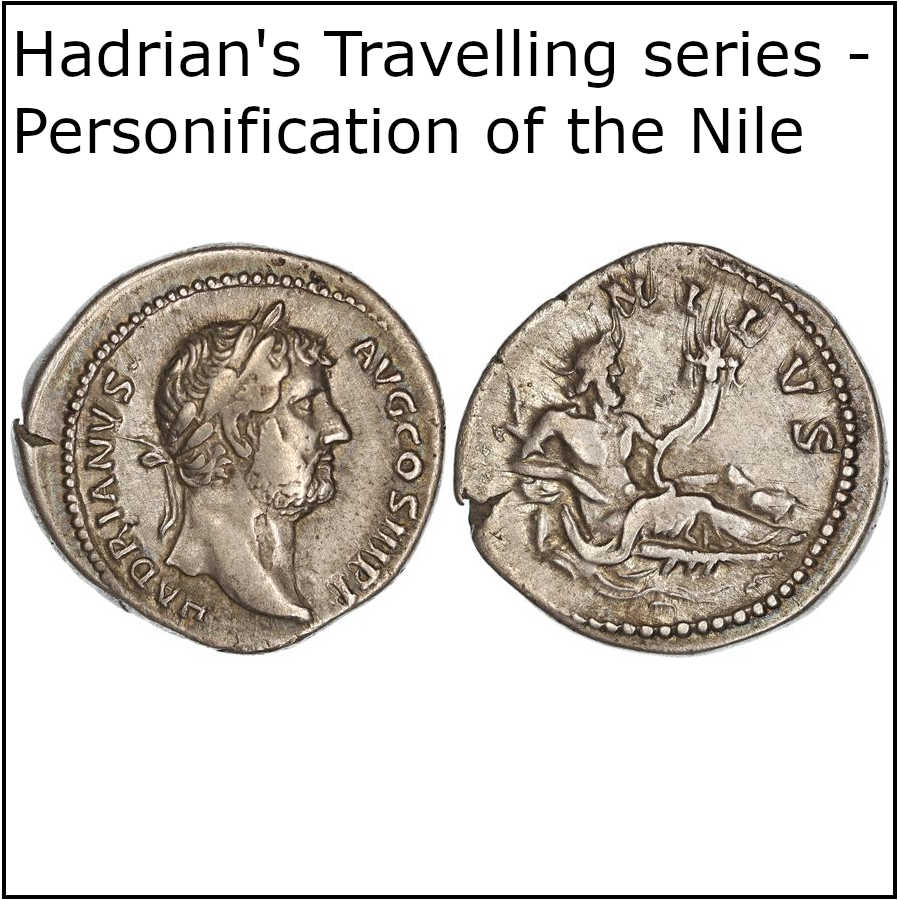Description
Caesar Traianus Hadrianus, Roman Emperor of the Nerva-Antonine Dynasty 117-138 AD, Silver Denarius (3.35g, 19mm), Travelling Series – Personification type, ‘Italia’, Rome mint 130-133 AD. Obverse: Bare head of Hadrian facing to the right, legend surrounds, “HΛDRIΛNVS ΛVG COS III PP”. Reverse: Italia stands facing to the left, draped in stola, holding sceptre in right hand and resting cornucopia in left arm, legend surrounds, “ITΛLIA”. RIC-307; RSC-867; Sear-3499. A bold piece awash with a steel grey tone, only minorly off centre on the reverse yet devices fully on flan, light flaw to neck, certainly an admirable example from the highly desirable travelling series, near Extremely Fine
Prōvincia Ī̆talia was an Imperial province and the heart of the Roman Empire, encompassing all of modern-day Italy. According to mythology, Ī̆talia was the ancestral homeland promised by Jupiter, the head of the Roman Pantheon, to Aeneas, a Trojan hero. Aeneas was the son of Prince Anchises, a first cousin of King Priam of Troy, and the goddess Aphrodite (equivalent to the Roman Venus), and is said to be an ancestor of the twin boys Romulus and Remus who later founded the city of Rome circa 750 BC. The consolidation of the peninsula into the single, Roman-controlled entity of Ī̆talia occurred over several centuries, beginning when Rome, initially a small Italic city-state, became a Republic circa 509 BC. With the rapid expansion of the Roman Republic and the formation of provinces across the Mediterranean, Prōvincia Ī̆talia maintained a special status, being awarded titles such as “Domina prōvinciārum” (“Ruler of the Provinces”) or “omnium terrarum parēns” (“Parent of all the lands”). Although not considered a destination during his travels, Hadrian began his extensive visiting of the provinces from Rome and would later retire back to the ancestral capitol for the last few years of his life, thus the ‘ITALIA’ issue could be considered either the Part 0 or Part VIII of his travelling series.
The obverse Latin legend reads “Hadriānus Augustus, cōnsulāritās tertium, Pater Patriae”, with an English translation of “Hadrianus Augustus, honoured with the office of Consul for his third term, Father of the Nation”. The reverse Latin reads “Ī̆talia”, naming Italy, the personification of the imperial province and the heart of the empire.
